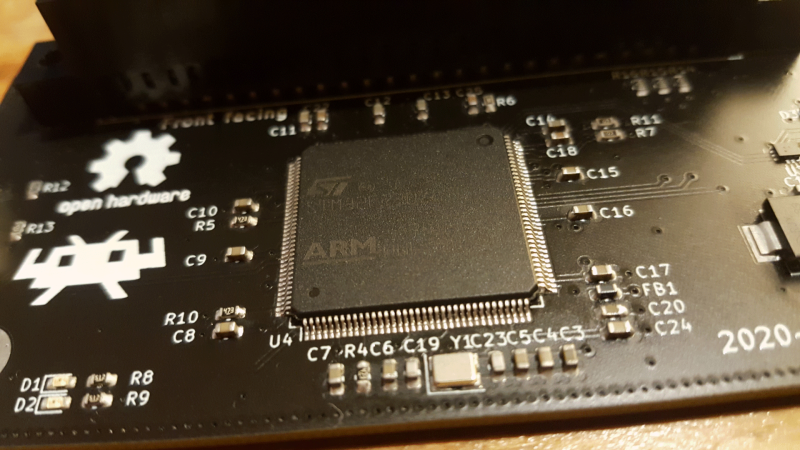
Apr 15, 2022
RetroArch - libretro
AI/SERVICE: Disable AI Service setting by default
CHEEVOS: Disallow manual frame delay setting in Hardcore Mode
DATABASE: Serial scanning for Wii now includes WBFS
INPUT/MAPPING: Fix offset + crash when clearing input port binds
INPUT/MAPPING: Fix saving of ‘Analog to Digital Type’ when configuration overrides are used
LOCALIZATION: Add Valencian language option
LOCALIZATION: Updates
MENU/SETTINGS: Move ‘Show Menu Bar’ under ‘Windowed Mode’ settings
MENU/SETTINGS: Add sublabels for ‘Subsystems’ and ‘Input Deadzone/Sensitivity’
MENU/SETTINGS: Move ‘On-Screen Notifications’ to top
MENU/XMB: Unified the shadow alpha value to a slightly darker one for better readability
MENU/XMB: Corrected the option label and sublabel for actual behavior
STATIC PLATFORMS: Populate all history list metadata when launching content from playlists
STEAM: Introduce Steam Rich Presence
VIDEO: Fast-Forward Frameskip improvement
VIDEO/THREADED: Stability fixes
WINDOWS/WINRAW: Fix multiple light guns
CHEEVOS: Disallow manual frame delay setting in Hardcore Mode
DATABASE: Serial scanning for Wii now includes WBFS
INPUT/MAPPING: Fix offset + crash when clearing input port binds
INPUT/MAPPING: Fix saving of ‘Analog to Digital Type’ when configuration overrides are used
LOCALIZATION: Add Valencian language option
LOCALIZATION: Updates
MENU/SETTINGS: Move ‘Show Menu Bar’ under ‘Windowed Mode’ settings
MENU/SETTINGS: Add sublabels for ‘Subsystems’ and ‘Input Deadzone/Sensitivity’
MENU/SETTINGS: Move ‘On-Screen Notifications’ to top
MENU/XMB: Unified the shadow alpha value to a slightly darker one for better readability
MENU/XMB: Corrected the option label and sublabel for actual behavior
STATIC PLATFORMS: Populate all history list metadata when launching content from playlists
STEAM: Introduce Steam Rich Presence
VIDEO: Fast-Forward Frameskip improvement
VIDEO/THREADED: Stability fixes
WINDOWS/WINRAW: Fix multiple light guns




